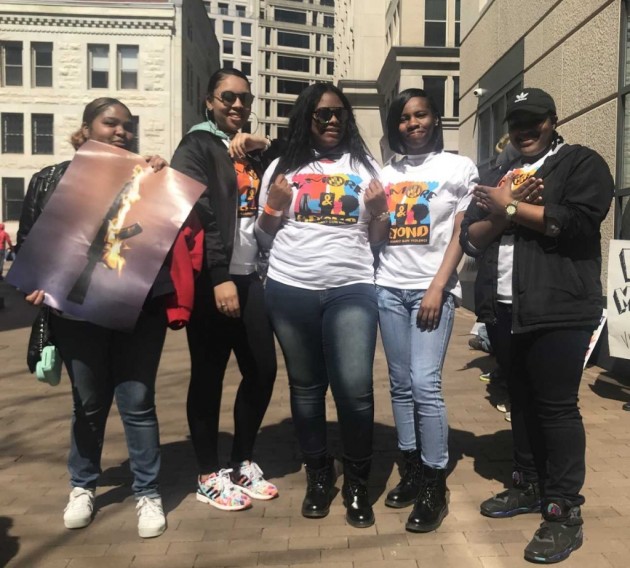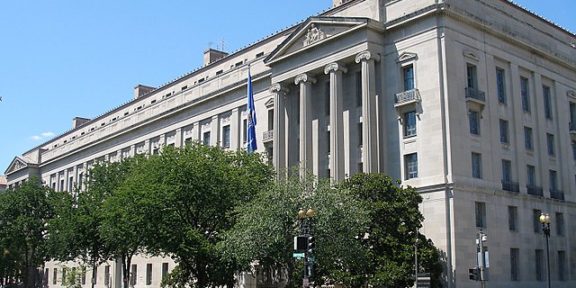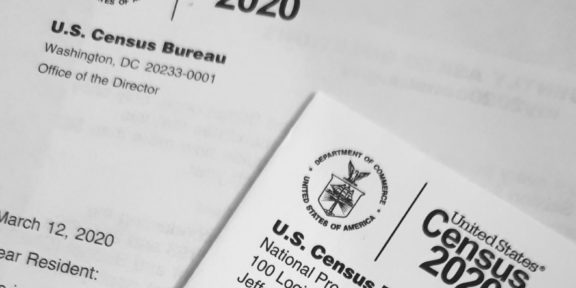While ex-offenders are barred from voting in some states, almost anyone with a criminal record in the District can vote on Election Day.
Sixty thousand ex-offenders in the District may be eligible to vote even if previously convicted. According to the American Civil Liberties Union, the District doesn’t allow offenders to vote if incarcerated for a felony charge. But an individual’s voting rights are restored upon release from prison.
Ronald Moten, co-founder of Peaceoholics , has vowed to make sure ex-offenders know their voting rights.
“I don’t even call people ex-offenders, that’s just a stigma to stop people from moving forward,” Moten said. “I call them returned citizens.”
Peaceoholics, an anti-violence group, recently registered 3,000 ex-offenders in the District, most, Moten said, weren’t sure of their voting rights.
“Most of them don’t even know they can vote and another percentage of them don’t even think their vote will make any difference,” he said. “But we educated them on the changes they can make if they vote.”
Ex-offender voting rights confusion is “widespread,” according to a report released by the ACLU and the Brennan Center for Justice.
The report revealed that some state elections officials don’t understand voting rights laws of citizens with felony convictions.
“Unless citizens receive accurate information about their voting rights from those sources where they should be able to get it, large swaths of eligible voters stand to be denied their rightful access to the voting booth,” said Laleh Ispahani, Senior Policy Counsel in the ACLU’s Racial Justice Program in a press release. “The fundamental right of every eligible voter to participate in the political decisions of their communities must be protected.”
Neighboring states, Virginia and Maryland have different laws on restoring ex-offenders’ voting rights.
In both Maryland and Virginia, individuals on probation, in prison or on parole, cannot vote. But in 2007, Maryland passed the Voter Registration Protection Act that automatically restores voting rights to individuals once they complete their full sentence, including probation or parole, regardless of the type of conviction.
All ex-offenders in Virginia are disenfranchised until they seek restoration of rights from the Governor.
As an ex-offender, Moten said it’s an inspiration to see “this population of people excited about voting.” Moten believes that most of the newly registered ex-offenders will vote because “they want change.”
“This population will no longer be treated like trash,” Moten said. “We have to make sure we advocate for ourselves because no one is going to do anything for us if we don’t do something first.”




